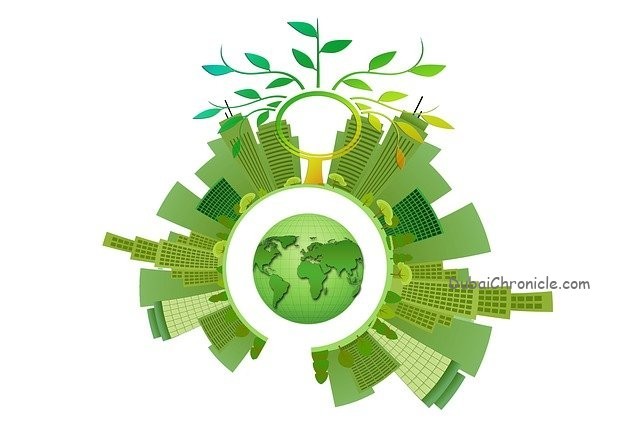
Visionary leadership a catalyst in public’s appetite for sustainability; 44% believe climate change is currently impacting their lives; Increased awareness would change behavior.
Public awareness concerning the mounting challenges stemming from global warming is reassuringly high throughout the region as the government, organizations, and civil society continue to play their part in embracing environmental sustainability initiatives. Despite significant efforts by all those involved consumers still face obstacles preventing them from translating their concerns into action via eco-friendly practices, according to a new report by Boston Consulting Group (BCG).
The report, titled ‘Are Consumers in the Gulf States Ready to Go Green?’, stresses that while 80 percent of GCC consumers have reaffirmed their preparedness to incorporate more sustainable actions into their daily lives, green infrastructure, financial incentives, and a greater selection of affordable eco-friendly goods and services would assist in accerlerating change.
As per the report’s findings, 71% of the region’s consumers are largely aware of climate change and how the issue negatively affects the environment. 55% of consumers with knowledge of the implications also perceive it to have a negative impact on the global environment, 44% already believe climate change is having a significant influence on personal lives, and around two-thirds anticipate it will impact future generations.
“Climate change concerns across the GCC have increased due to greater access to information and successful government and corporate-backed initiatives,” said Simon Birkebaek a Partner at BCG Middle East. “If public and private sectors were to do even more to facilitate awareness initiatives, green infrastructure investments, and a wider choice of affordable eco-friendly goods and services then more people will choose to pursue sustainable lifestyles.”
Despite the high willingness of an increasing number of consumers to live more sustainably, the challenge is to translate these climate concerns into action. For example, many GCC states only recycle, reuse, and recover approximately 10% of the plastic and metal waste they use. Therefore, understanding the perceived barriers for consumers to take action is important to advance the green agenda .
“Public concerns around climate and sustainability do bode well for the future,” said Cristiano Rizzi, Managing Director and Partner, BCG Middle East. “Many people believe that environmentally sustainable lifestyles will play a bigger role in the future, and an encouraging number of people wish to make– or are making – progress with eco-friendly behavior and purchases.”
“Several challenges remain, and today, there are growing calls for more recycling and renewable energy information, as well as guidance on how to live more sustainably and reduce energy consumption. At the same time, people also want to see more investment geared towards sustainable infrastructure – particularly in recycling, renewable energy, public transportation, and eco-tourism.”
“Because interest insustainable goods and services is increasing companies would experience potential growth opportunities if they adapted their go-to-market strategies to more effectively cater to customers changing demands, specifically better options, more accessible price points, and better promotion of the benefits of sustainability.”
When it comes to a more sustainable lifestyle consumers do not always perceive higher prices as being adequately reflected in greater quality or better experiences, but rather some eco-friendly products could lack quality and downgrade lifestyles.
Other barriers to sustainable lifestyles include insufficient information, limited access to opportunities, limited range of varieties andsocial pressure to maintain current lifestyles.
Although Governments have done much to encourage recycling, 43% of consumers are deterred by lack of conveniently accessible recycling bins. Consequently, further investment in infrastructure, regulations, and information on how to recycle correctly will be needed if the pace of change is to increase.
The public’s reluctance to embrace electric vehicles is based around high purchase prices, operating costs, and a lack of charging infrastructure – 50% cite electric vehicles as being too expensive and 40% expressed the opinion that operating costs are too high. In terms of eco-friendly touristic destinations, the perceived higher costs, long travel distances, and lack of access to luxurious amenities, entertainment, and shopping are of concern to travellers with 32% pointing out the lack of amenities as an issue.


































